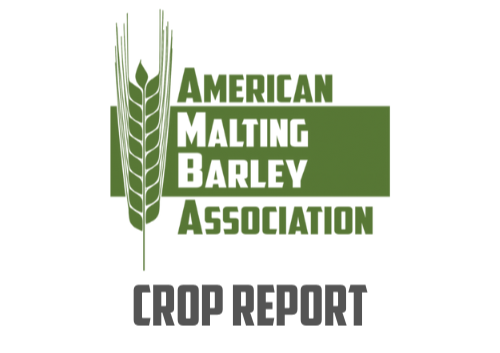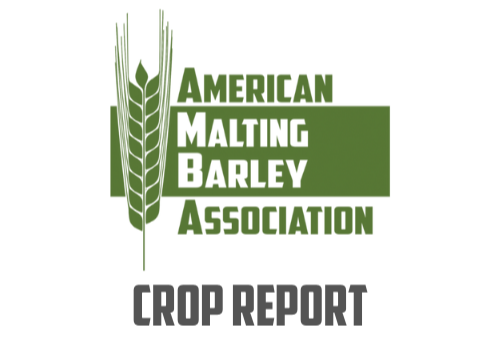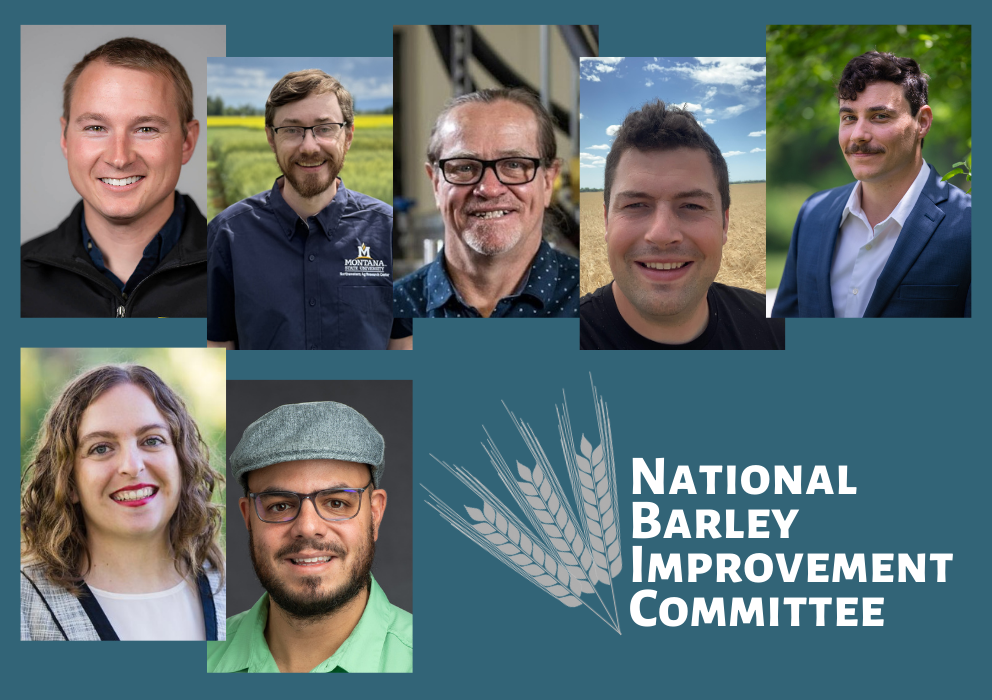
Sierra Nevada’s Summerfest supports regenerative agriculture and resource conservation
Barley is an excellent crop to have in a farming rotation, especially when grown using no-till practices. Retaining above-ground plant material after harvest, coupled with below-ground root structure, protects and enriches the soil. Additionally no-till barley can be much less input-intensive as many of its counterparts, especially conventionally grown wheat. These attributes are why it can be a helpful crop on the landscape in critical watersheds; supporting soil health, building soil carbon, and improving water quality. The benefits of barley are enhanced by growing a winter-type variety - which is sown in the fall, opposed to spring - providing ground cover through the winter and spring months when the soil can be most prone to erosion.
Recognizing these unique elements of barley, Western Rivers Conservancy (WRC) decided to grow the grain on existing agricultural fields in the uplands of a ranch it conserved on Oregon’s Wild and Scenic John Day River. WRC transferred most of the ranch to the Bureau of Land Management, protecting 10 miles of the lower John Day and the critical lower miles of Thirtymile Creek, the most important steelhead spawning tributary on the lower river. However, WRC kept the upland agricultural lands in production and worked with a neighboring farmer to grow no-till barley as a carbon-friendly, salmon-safe crop. Thunder, a winter barley bred by Dr. Pat Hayes from Oregon State University, has become the predominant variety on this acreage. What was initially conceived as a small pilot project, is now in its sixth year of producing high-quality malting barley. WRC’s experiment is clearly demonstrating the viability of growing a truly fish- and climate-friendly crop in the high desert of eastern Oregon.
To further the story of conservation and the land’s ability to provide high-quality and valued agricultural products grown in a sustainable manner, enter Sierra Nevada Brewing Company. A crop is no good without a market, and this lot of barley has found a nice home with the Chico, CA based brewery who has always kept its eye on high-quality, low-impact brewing. Sustainability is embedded in all of their processes, tracing all the way back to the field where their barley is produced. The revival of the infamous Summerfest release provided an excellent opportunity to showcase what’s good for the land, is good for the people. Joining this partnership was Great Western Malting who took possession of the Thunder barley and was able to preserve the identity of the grain throughout the malting process to ensure this special barley found its way into the 2023 Summerfest release.
The American Malting Barley Association (AMBA) is proud to call both Sierra Nevada and Great Western long-time members, who through their investment in membership, supports the improvement and development of better barley for the beer industry. They are also engaged in AMBA’s recently launched Sustainability Task Force (STF) which seeks to quantify, improve, and communicate the sustainable attributes of barley production for the malting, brewing, and distilling industries. The work of the STF hopes to highlight and bolster the positive sustainability story inherent to the barley industry through promoting collaborations like Summerfest.





.png)



